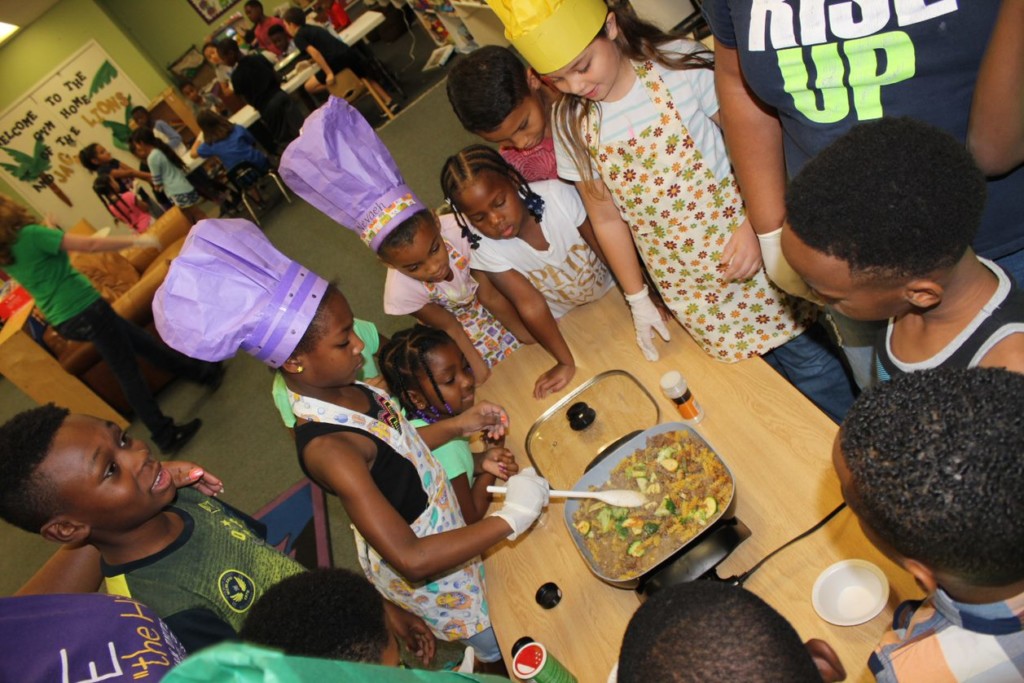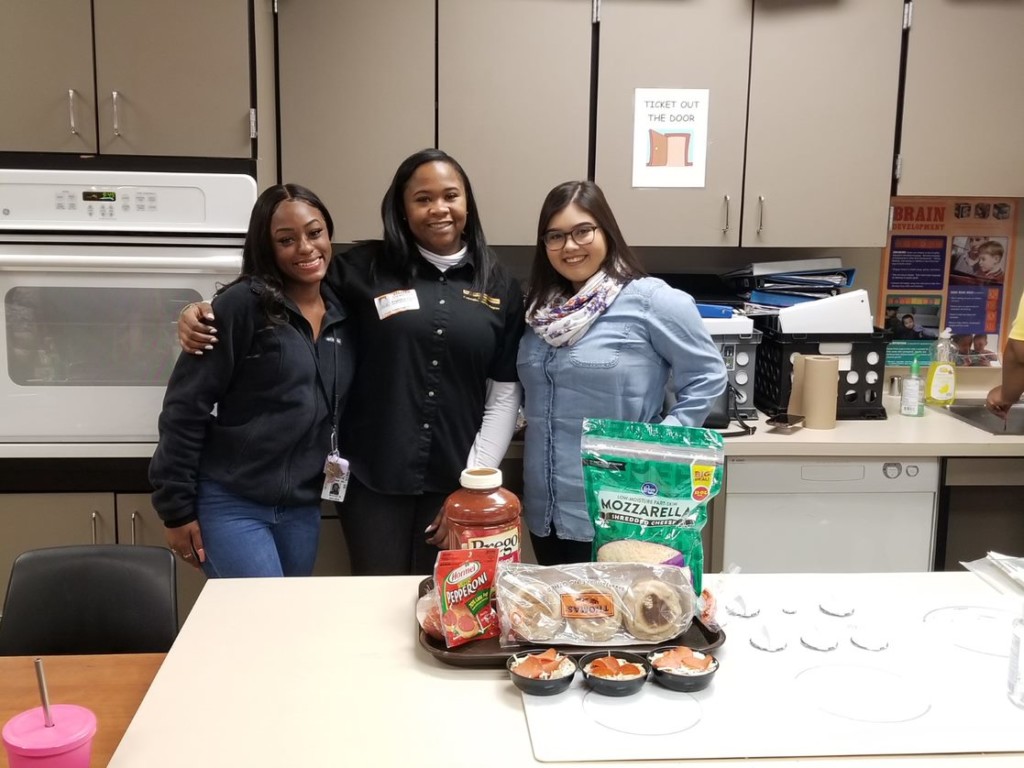PRAIRIE VIEW, Texas (November 25, 2020) – Convincing children to eat healthy foods can be tough. It can also be challenging for adults. Nonetheless, Prairie View A&M University (PVAMU) is delivering effective programming to help families make healthier choices. Kids and adults are learning the basics of nutrition and exercise, creating a solid foundation of healthy lifestyles for years to come.
Funded by the United States Department of Agriculture (USDA) and implemented by PVAMU Cooperative Extension Program staff, the Expanded Food and Nutrition Education Program (EFNEP) has been assisting limited-resource families for more than 60 years. Nutrition education associates administer the program by teaching the skills, attitudes, and behaviors necessary to prepare nutritionally sound diets.
The Cooperative Extension Program, part of the College of Agriculture & Human Sciences, is headquartered on the PVAMU campus. Grant funding, led by Executive Associate Director Carolyn J. Williams, Ph.D., ensures the program continues each year. Program Coordinator Vida Harrison manages program staff who provide nutrition education with interactive learning experiences. Both adults and children participate in food preparation demonstrations and physical fitness activities.
“The greatest impacts that EFNEP has on the local level are meeting needs and changing lives,” said Harrison. “EFNEP staff commits to reaching diverse, low-income populations to influence change in skills, behaviors, attitudes, and positively impacting the nutritional aspect of the lives of limited-resource families.”
EFNEP locates families and youth through schools, community centers, transitional living facilities, teen-pregnancy centers, colleges, boys and girls clubs, and churches to ensure that a broad range of community members receive the support they need.
The program results are impressive. Adults and children who participate in the program demonstrate the following improvement in behaviors:
- 91% showed improvement in one or more diet-quality indicators, including eating fruits, vegetables, drinking less regular soda, and cooking at home;
- 79% improved their physical-activity behaviors by doing things like exercising for at least 30 minutes, doing workouts to build and strengthen muscles, and making small changes to be more active;
- 84% improved in one or more food safety practices (which includes washing hands before preparing food and washing items and surfaces after exposure to raw meat, etc.); and
- 81% improved their food resource management practices (by cooking dinner at home, comparing food prices, planning meals before shopping, etc.).
Looking beyond the statistics, there are many real-world examples of how the program is making a difference in the community. One of the program coordinators shared a success story:
During my fall program at Wesley Community Center, I met Ms. Zamora. She introduced me to her nephew, Evan, who attended my session and informed me that Evan was a picky eater and loved the project “Make Half Your Grains Whole” Whole Grain Breakfast Pizza. He loved it so much he wanted to recreate his version substituting with turkey pepperoni for his family. She thanked me for the wonderful experience they had by creating something that was not only healthy but tastes good.
While we are dealing with the COVID-19 pandemic, the EFNEP face-to-face programs have been temporarily suspended. But its program coordinators have worked tirelessly to develop virtual sessions that will produce the same results.
“The shutdown of the world brought about frustration, unease, and fear,” Harrison said. “However, EFNEP has taken the negative aspects of COVID-19 and used them as stepping stones to success, conducting successful virtual programs one step at a time.”
To learn more about the Expanded Food and Nutrition Education Program, visit www.pvamu.edu/cafnr/cep/efnep.
By Angie Frederickson
-PVAMU-




